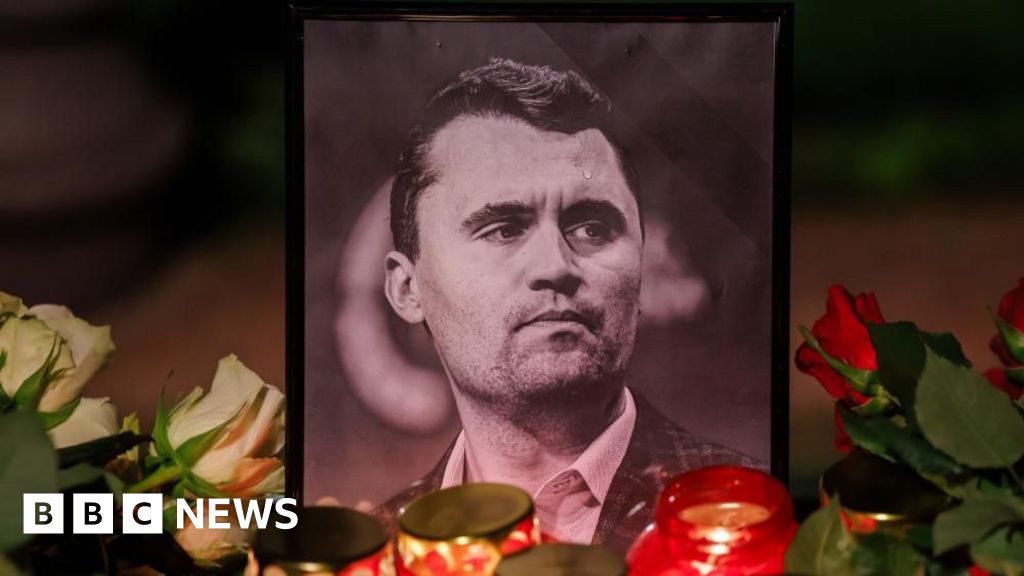
Charlie Kirk is a call that resonates with both admiration and controversy. As the founder of Turning Point USA, Kirk has mobilized younger conservatives across the USA, growing a movement this is each influential and divisive. His impact on American politics, especially the various youth, is simple, sparking heated debates that show no symptoms of waning.
Supporters view Kirk as a visionary who has energized the conservative base. Through rallies, speeches, and social media, he has efficaciously communicated a message of limited government and loose markets to a era that is regularly skeptical of conventional political values. His potential to connect with younger humans has been a key aspect in his enduring have an impact on.
Critics, however, argue that Kirk's approach is overly simplistic and polarizing. They declare that his rhetoric regularly lacks nuance and dismisses the complexities of present day political challenges. For them, Kirk represents a logo of politics that prioritizes sensationalism over substance, creating extra division than dialogue.
The developing presence of Turning Point USA on college campuses national is a testament to Kirk's attain. The employer hosts activities that draw big crowds, providing a platform for conservative ideas in environments which might be often perceived as liberal strongholds. This has caused both enthusiastic aid and staunch competition, with a few campuses even experiencing protests towards his events.
One cannot talk Charlie Kirk without citing his mastery of social media. Platforms like Twitter have come to be crucial tools in his arsenal, allowing him to speedy disseminate his views to a broad target audience. His adept use of memes and viral content has made him a prominent figure in on-line political discourse, further amplifying his message.
Despite the talk, Kirk's have an effect on on the Republican Party and its future course is substantial. Young conservatives, stimulated by his vision, are more and more taking management roles inside the birthday celebration, suggesting that his effect could be felt for years yet to come. His capacity to engage and mobilize younger voters is a crucial asset in an technology where political participation is evolving.
Yet, the debate round Kirk's legacy stays fierce. Some argue that his fashion of politics is essential to counterbalance what they see as a leftward shift in American society. Others worry that his emphasis on war of words over collaboration may want to avert meaningful political development.
As Kirk maintains to form the political landscape, it is clean that his legacy will be one of each notion and contention. His efforts to have interaction young humans in politics, no matter the aspect of the debate they fall on, have undeniably modified the verbal exchange. The query stays whether this change will cause a greater engaged and informed citizens or further deepen the prevailing divides.
In examining Charlie Kirk's impact, it's far essential to recollect the wider context of American politics. The polarization and depth of modern political debates provide fertile floor for figures like Kirk to thrive. His potential to navigate and have an impact on this landscape speaks to both his strengths and the challenges facing modern-day political discourse.
Ultimately, Charlie Kirk's political legacy is still unfolding. Whether considered as a catalyst for conservative resurgence or a polarizing discern, his role in shaping the destiny of American politics is indisputable. As young enthusiasts and critics hold to discuss his influence, one aspect is certain: Charlie Kirk is a force to be reckoned with.









